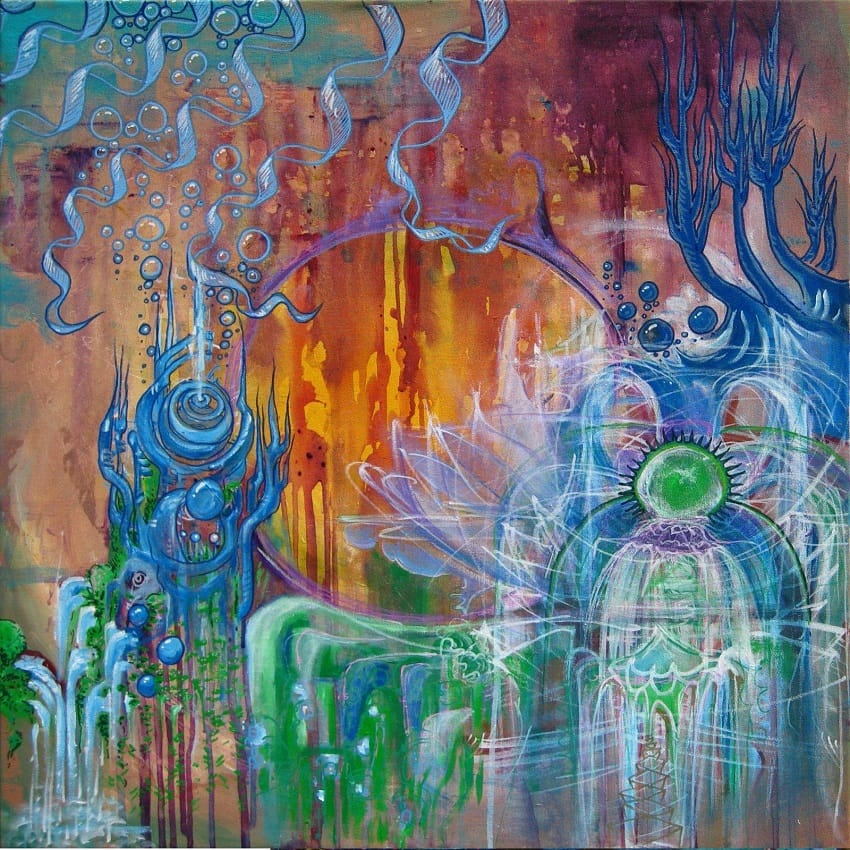
Essay on L’absurdité
Modernistic literature which was formed from the end of the nineteenth century to the beginning of the twentieth century had much to oppose to the Victorian literature of the previous period. Many of the norms of the previous years were rejected and deprived of sense. In particular, the new era gave birth to absurdist fiction. While in the classic Victorian literature there were always some moral principles defended, established or required, the modernistic literature and absurdist fiction in particular had nothing to establish. Absurd means that a character is put in some situation there is no way out of, meaningless actions and events take place, reason is abased and overall incongruity rules. What is more, ambiguity of human actions and morals is often demonstrated and the characters are left to be judged by readers. Existentialist and nihilist movements in philosophy made a profound impact on literature, and thus existentialist and modern drama turned out to be a rich soil for absurd as a theme.
It seems to be quite interesting to explore how the theme of absurd is revealed in French drama, on the example of the plays The Trojan War Will Not Take Place (or La guerre de Troie n’aura pas lieu in French) by Jean Giraudoux (1882 – 1944) and No Exit (or Huis Clos in French) by Jean-Paul Sartre (1905 – 1980). The first was written in 1935and presents a free interpretation of the famous Greek myth about the Trojan War. Giraudoux depicts a picture of Troja before the tragic events and by the example of ancient state provides criticism of modern diplomacy and the incurable narrow-mindedness of the national leaders and even intellectuals. To be more specific, he shows how the war could be prevented: Hector, the military commander of Troja, realized the danger and senselessness of war, his wife Andromache was pregnant and he was defending peace. But for that, the nation had to return the beautiful Helen, vapid captive of Paris, back to the Greeks. But there were too few people who understood that need; all the rest saw Helen as the source of Trojan glory and prosperity. They stay deaf to all the anti-war arguments and to cynical prediction by Cassandra. The absurd gets strained when bad news come: the priests do not want to close the gates of war because the entrails of the sacrificial animals forbid to do that; besides, the Trojans get awfully offended by the fact that the Greeks have raised a flag at the stern. Another absurd moment is when the Geometrician states that the Trojans lack epithets in their hymn and are weak at outraging their enemies. There are a lot of other mere and senseless events that look like reasons for the unwilled war to start. What is more, there is a conflict between Aphrodite and Pallas, as the first orders not to separate Paris and Helen, while the latter orders the opposite. Zeus, in turn, demands to separate them without separation. By the end of the play the atmosphere is really tense, and the war is obviously inevitable.
The play of Sartre was written a little bit later and it has explicit existentialist character. Here we meet three people who get to hell. For them the hell turns out to be a room with no windows or mirrors, and their punishment is not physical tortures, but being together for eternity. Each of the characters has their own sins under their belts, and no one wants to talk about them. But they have to share the truth with each other, as it seems to make the situation easier. However, there is a conflict between their desires and views, and finally they all torture each other already by their presence. The door is once opened, but Garcin, one of the characters who cheated and mistreated his wife, cannot leave the room. That is one of the elements of the absurd. Their souls are damned, and they need to get forgiveness, but they have no more opportunities to earn it. The matter is, all their opportunities are left in life, but after death they can already change nothing and this is how lack of freedom is demonstrated by Sartre. Absurd is the fate of each character, and tragic is the hopelessness of their position.
Thus, there are different historical periods and different situations described in the two plays. The theme of absurd is also applied through different tools. While for Sartre it is more sensed in the very atmosphere of what is happening, in tension growing between the characters, Giraudoux eloquently uses this tool in the language of narration and particular characters; absurd are the situations he describes, and absurd is the effect of small details on the astonishing outcome. But at the same time, the two plays are united by the absurd of human being. A man is constantly making silly mistakes; he is blind and deaf and cannot see the outcomes of his actions and deeds. Concentrating on entertainments and not admitting the evil inside, people lose the opportunity to get free from rock and pretend to be the masters of their lives, but actually they never are.

